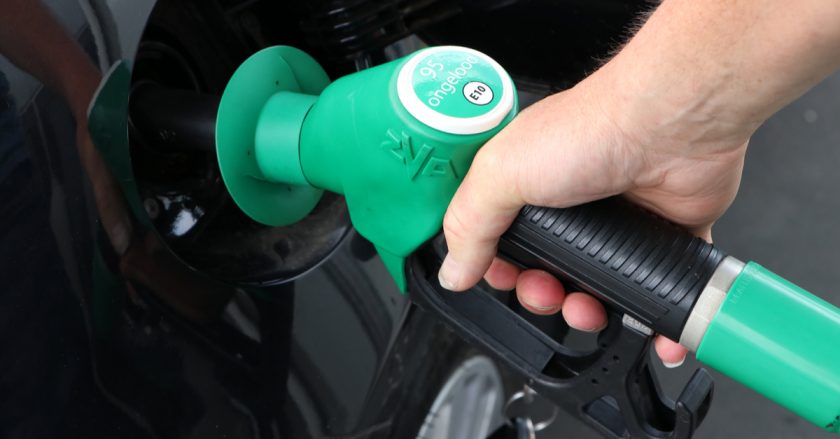Fuel: Pump prices falling faster than they have all year

As of 19 September, the average price for unleaded petrol has dropped to 136.15p per litre, down from 142.86p in mid-August, while diesel has fallen to 140.87p, a significant decrease from 147.74p.
These price reductions, which could save drivers almost £4 per full tank, are the largest seen since late 2023.
RAC analysts expect fuel prices to continue falling, potentially reaching the lowest levels in three years by the end of September.
Supermarkets and Northern Ireland Leading the Way
The average price at supermarket petrol stations is already well below the national average, with unleaded priced at 133.23p and diesel at 137.69p.
Northern Ireland is once again offering the UK’s cheapest fuel, with petrol at just 131.5p and diesel at 134.2p per litre – approximately 5.5p lower than the national average.
Simon Williams, the RAC’s fuel spokesperson, said the sharp decline is thanks to a combination of global factors.
A relatively low oil price, currently around $73 a barrel, driven by weak global demand, and a stronger pound have both contributed to driving down prices at the pumps.
“With fuel traded in US dollars, a stronger pound allows UK fuel retailers to buy stock more cheaply. This, alongside falling oil prices, is giving drivers some much-needed relief,” Williams said.
Further Reductions Expected
Williams added that there is still room for further price reductions. “Based on wholesale pump prices, we know there’s scope for even lower prices. We expect to see petrol prices drop to around 132p per litre and diesel to 138p in the coming weeks,” he said.
He urged drivers to shop around for the best deals and use tools such as the myRAC app to ensure they pay the lowest prices possible. “We publish averages to show drivers the maximum they should be paying, but there are some excellent deals out there if you know where to look.”
The Impact on Households
The falling fuel prices offer welcome relief to UK households, where the cost of filling up has been a significant burden during a period of high inflation.
While global oil prices and currency fluctuations remain beyond drivers’ control, lower fuel costs could help curb inflation and ease the strain on family budgets.
Looking ahead, Williams also highlighted the importance of the government’s proposed Pumpwatch scheme, which would improve transparency around fuel pricing.
The initiative is expected to include an official monitoring system to ensure retailers offer fair prices.
“Pumpwatch will make it easier for drivers to get a fair deal every time they fill up,” Williams said. “With the current market conditions, drivers should continue to see prices fall as we approach the end of the month, and those in Northern Ireland will likely continue to benefit from the UK’s lowest fuel prices.”

Spotted something? Got a story? Email: [email protected]
Latest News
